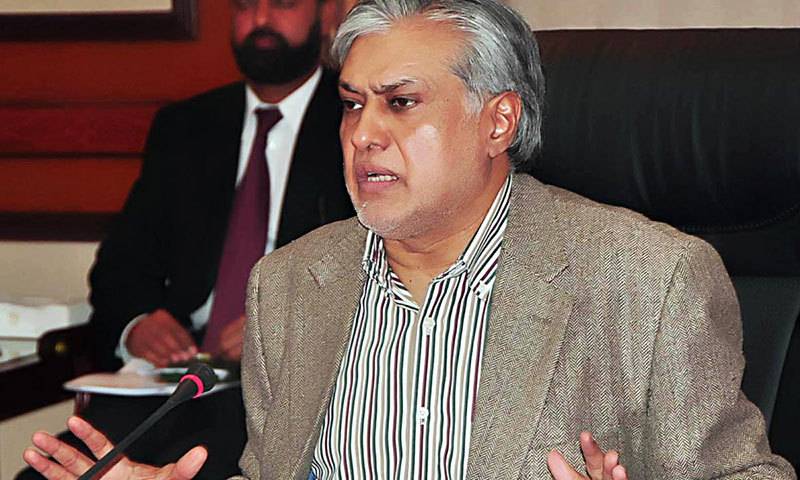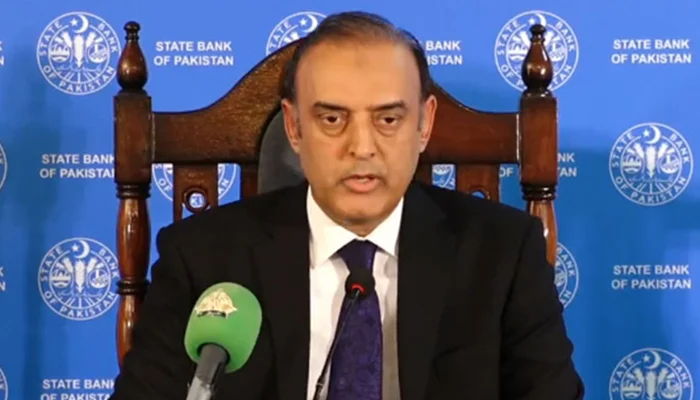PTBP Web Desk
On Friday, Prime Minister Shehbaz Sharif approved the Federal Board of Revenue’s (FBR) homegrown transformation plan, which includes third-party audits of FBR projects and strict penalties for taxpayers who fail to pay their full taxes on time or are involved in tax fraud.
The initiative is designed to improve the efficiency of Pakistan’s tax system and boost tax revenues while preventing evasion and fraud. the decision was made during a meeting chaired by the Prime Minister, where he reviewed the ongoing efforts and strategies of the FBR. He directed the authorities to develop a comprehensive enforcement strategy for the FBR to further optimize its performance and enforce compliance. The FBR is often referred to as the backbone of Pakistan’s national economy, and this transformation plan is expected to bring about significant reforms in how the tax authority operates.
FBR Digitalization and Enhanced Enforcement
One of the key directives from Prime Minister Shehbaz Sharif is the need to focus on the digitalization of the FBR’s processes. The Prime Minister emphasized that modernizing the FBR’s operations, particularly its enforcement mechanisms, is crucial to achieving broader economic reforms in the country. Digital transformation will not only improve tax collection but also enhance transparency, making it easier to track and curb fraudulent activities.
PM Shehbaz also stressed the importance of consulting with key stakeholders, including prominent taxpayers, to ensure that the FBR transformation plan is both inclusive and practical. This collaboration would also involve seeking approval for necessary amendments to relevant legislation, in coordination with other government departments, to guarantee the plan’s effective implementation.
Promoting the Private Sector for Economic Growth
In the meeting, Prime Minister Shehbaz Sharif reiterated that promoting the private sector is a top priority for his government. A strong private sector, he said, is critical to building a robust economy. By streamlining tax procedures and easing the regulatory burden through the FBR’s transformation, the government aims to make it easier for private businesses to operate, which in turn will stimulate economic growth and job creation.
The Prime Minister also appreciated the FBR’s transformation plan, noting that enhanced tax receipts would not only bolster public service delivery but also help fund social welfare programs.
Third-Party Audits and Anti-Smuggling Efforts
Another significant component of the FBR transformation plan is the introduction of third-party audits of FBR projects. Prime Minister Shehbaz instructed that all FBR projects undergo external audits to ensure transparency and accountability. This move is intended to instill greater confidence in the public and stakeholders about the efficiency and fairness of the tax authority.
In addition, the Prime Minister called for increased efforts to combat smuggling, which has long been a significant issue affecting Pakistan’s economy. He instructed the FBR to expedite measures aimed at curbing smuggling, which not only harms local industries but also results in significant revenue loss for the government. To address this, new check posts will be established in collaboration with the Frontier Works Organization (FWO) to monitor and prevent illegal smuggling activities across borders.
During the briefing, Prime Minister Shehbaz Sharif was informed about the various elements of the FBR transformation plan. This comprehensive plan, formulated by FBR officers and experts over a span of 40 days, focuses on the effective use of technology to enhance tax collection, while ensuring that honest taxpayers are facilitated.
The plan also aims to reward efficient officers within the FBR, recognizing their role in improving tax receipts and ensuring that enforcement measures are adhered to. Officers who demonstrate excellence in performance will be recognized and rewarded to foster a culture of accountability and professionalism within the FBR.
A key feature of the plan includes stringent measures to prevent tax evasion. Taxpayers who fail to pay their full tax liabilities on time or are found involved in fraudulent activities will face strict action, including potential restrictions on financial transactions. These enforcement measures will be implemented following consultations with compliant taxpayers, ensuring that the measures are fair and do not impede economic activities for honest individuals and businesses.
As part of the first phase of the transformation plan, efficient and highly skilled officers will be posted in Karachi’s Large Taxpayer Unit, which contributes a substantial 32% of the country’s total tax receipts. These officers will be supported by auditors and experts to further optimize tax collection from this crucial economic region.
To tackle the issue of custom duties theft, a new appraisal and enforcement mechanism has been developed. This mechanism will assign appraisers and inspectors to specific tasks without prior knowledge of their assignments, thereby reducing the risk of collusion and ensuring that the process remains transparent. These officials will also be monitored via cameras to enhance accountability.
A carrot-and-stick policy will be implemented for customs inspectors, ensuring that high-performing officers are rewarded, while those involved in misconduct face penalties. This approach is expected to improve efficiency and reduce the likelihood of corruption in customs operations.
The transformation plan also emphasizes the professional development of FBR officers. It proposes that officers must possess a professional degree from top universities following their common and specialized training programs. This initiative is expected to enhance the skill set of FBR officers and equip them with the necessary tools to perform their duties effectively in an increasingly complex economic environment.




